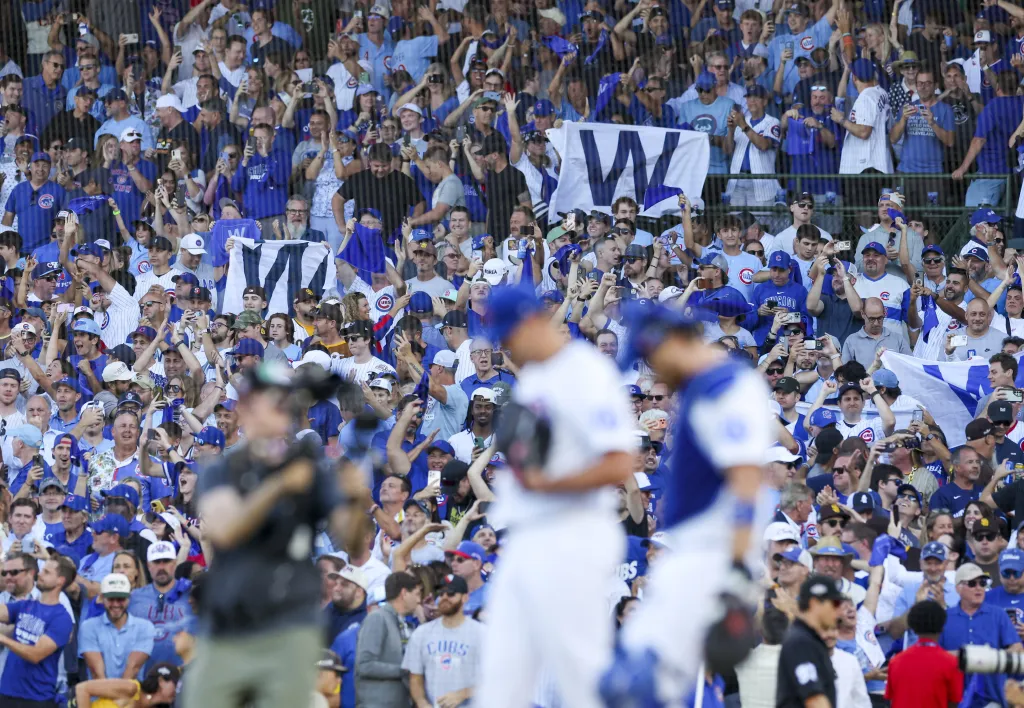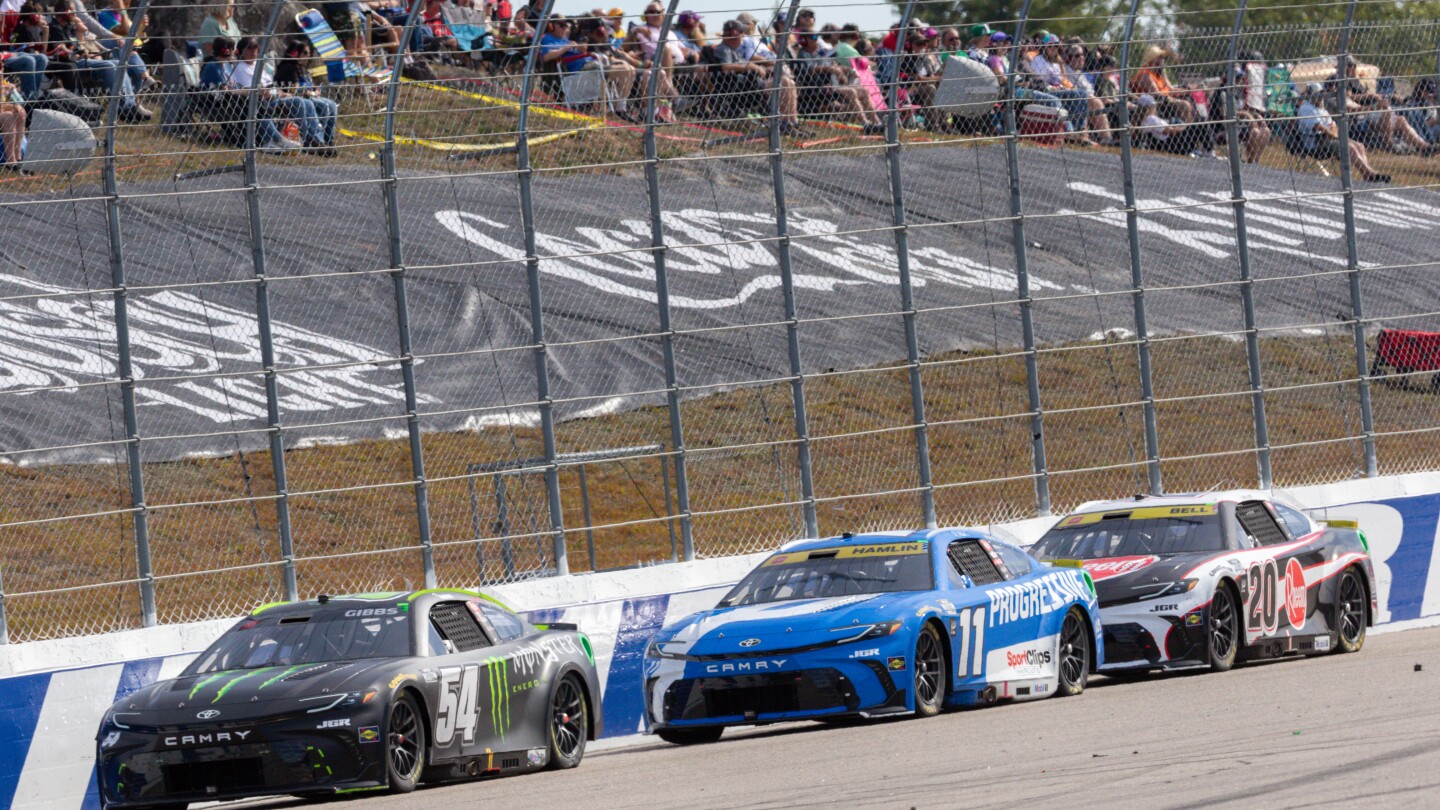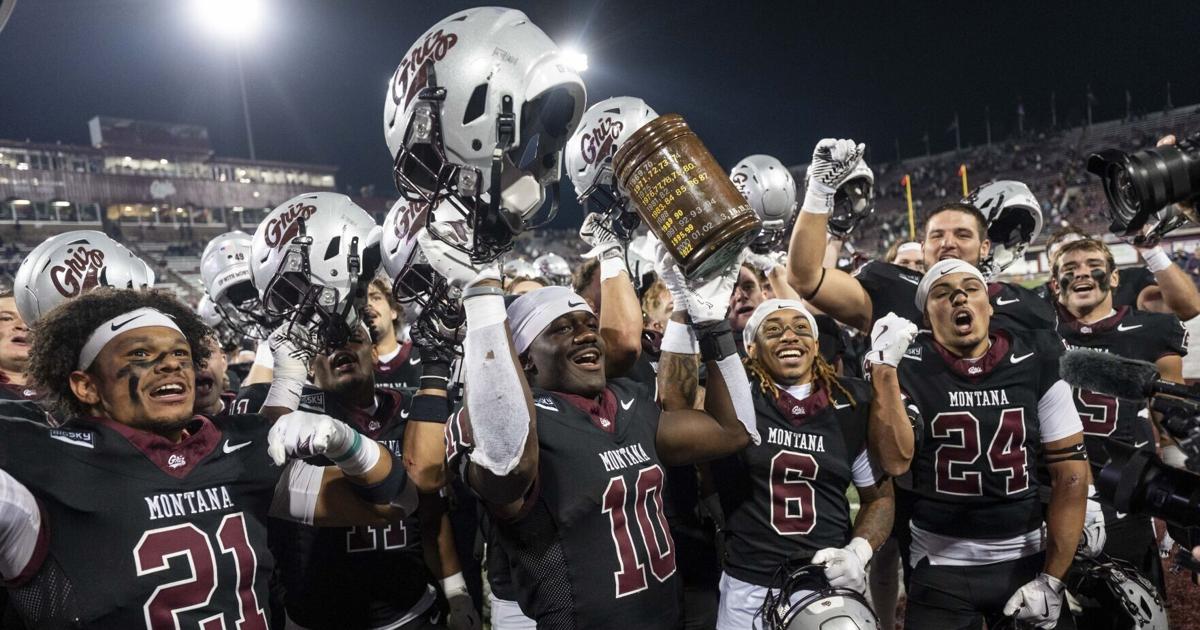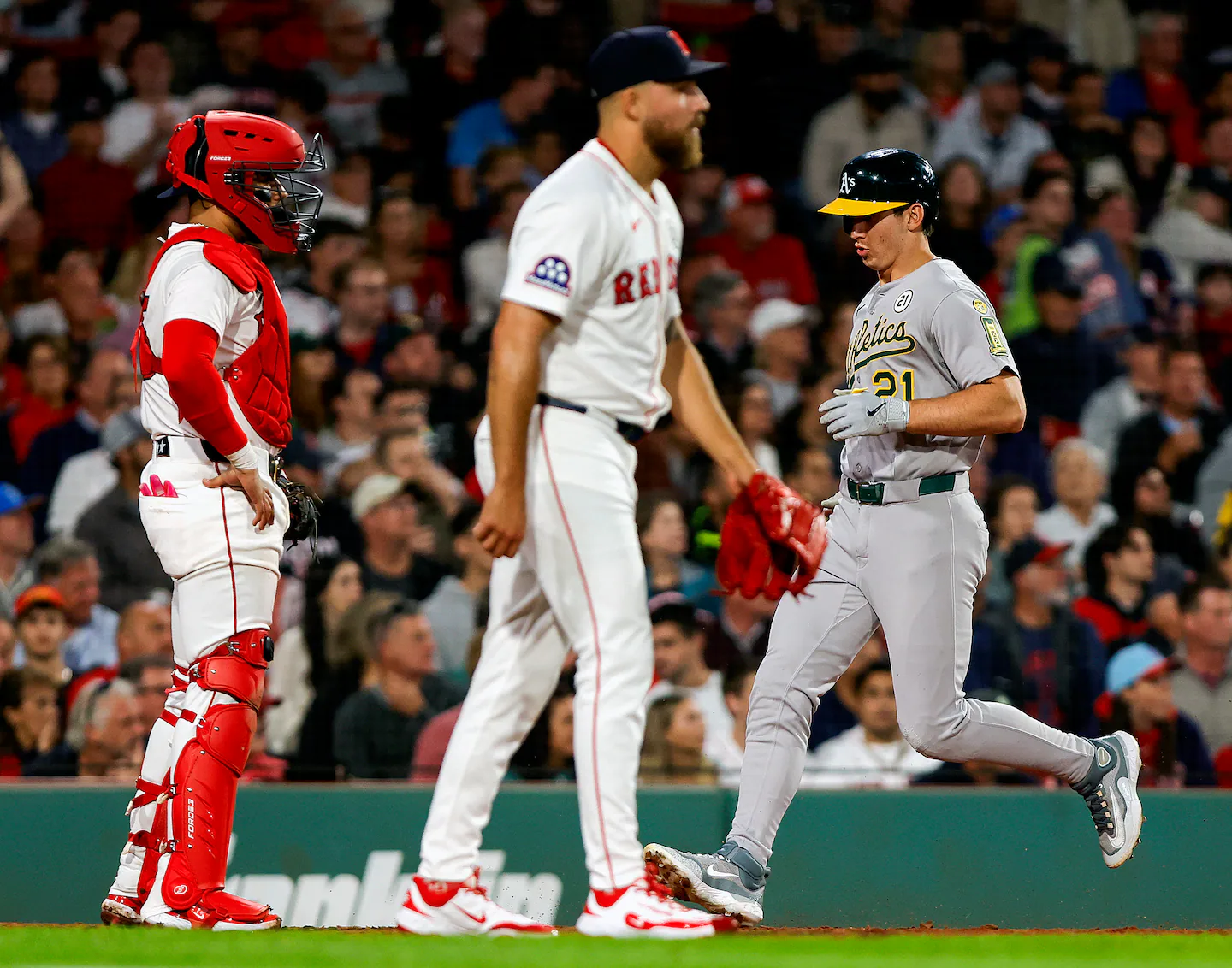
In 1945, the Chicago Cubs had a bust-out year in which they racked up the best record in baseball with a stalwart .636 winning percentage and were heavily favored in the World Series against the Detroit Tigers.
These were strange years for baseball and would remain so until the following campaign when the sport’s wartime servicemen — with the likes of Ted Williams and Stan Musial among them — made their way home to retake their places in a boy’s game most famously played by men.
With the start of the baseball playoffs, I’ve had occasion to think about this Cubs team of late. The latest edition of the North Side squad has left seemingly little in doubt since the spring. They looked like a team that was bound for October, where legit damage could be done. Would the glorious fires of 2016 be rekindled?
One of the best things about sports is that you never know. You think you know, and you may end up correct, but you never really know until the game, the series, the year, is done. There’s no turning this knowledge — which is never quite knowledge — into a commodity, and yet, that’s what we see pushed all the time now with the game.
As the regular season wound down, a bunch of games were shown on Apple TV+. In addition to the hawking of Apple product, you were subjected to an onslaught of percentages across the screen. Scrap of digital text after scrap of digital text told you that this player was 17% likely to get a hit in this situation, and this other fellow had a 4% of knocking one out of the park.
A reason for the hard sell, of course, is avarice. Corporate overlords want people to be addicted to what they’re pushing.
Imagine if you decided to play a drinking game while watching the baseball playoffs this year, bringing the bottle to your lips each time a gambling commercial played. How soused would you be by the fourth inning?
The gambling companies and the tech regimes that conceptually underwrite them don’t want your very last dollar — because then you couldn’t continue gambling. But they do want near as it to possible.
In sports, it may not be true that anything is possible, but it’s closer there than anywhere else, and the rest of the world could do with a page from that part of baseball’s book. It’s why sports have resonance beyond their entertainment factor.
People see those percentages, and they start to think that they’re an expert. Quote figures, and you sound smart, right? Especially if there isn’t exactly an abundance of critical thinking in the world at large and within your corner of it.
We have this need to act like we know, and as Socrates correctly stated, the moment you think you might not know tends to be when you might begin to actually know. That’s Socratic wisdom, but playoff baseball should teach you that it’s baseball wisdom as well.
Correctly predicting an outcome isn’t sports knowledge. You needn’t be right in that sense. Doesn’t matter if you’re dead wrong. What has greater value are your reasons. How you thought matters through.
As I write this, I have no clue if the Cubs will be done before the week is finished or if I’ll be watching them a month from now in the World Series. I love that I don’t. That means I’m open to wonder. Anything. My expectations are to be present, to let the Socratic aspect of postseason baseball work its magic on me.
Do you know what the percentages would have said, Cubs-wise, in 2016? They would have told you the North Siders were cooked. You could have gone out and bet the proverbial house on it, and you would have found yourself needing to crash at your sister’s place until you got on your feet again financially.
The 1945 Cubs were on the verge of defeat before rallying in Game 6 of the World Series to force a Game 7. The momentum was theirs. Alas, the World Series title wasn’t. They got dusted by the Tigers in a laugher, and there went the dream.
In a world that so often feels rigged in favor of a few, this is cause for sports-based rejoicing. Embrace the unknown. Don’t micromanage your expectations. Don’t temper emotions with percentages. Keep your money. Buy a baseball history book.
And above all, think in terms of possibilities rather than probabilities. The difference between the two is even bigger than the difference between winning and losing a series.
Colin Fleming is the author of “Sam Cooke: Live at the Harlem Square Club, 1963,” an entry in Bloomsbury’s 33 1/3 series.



